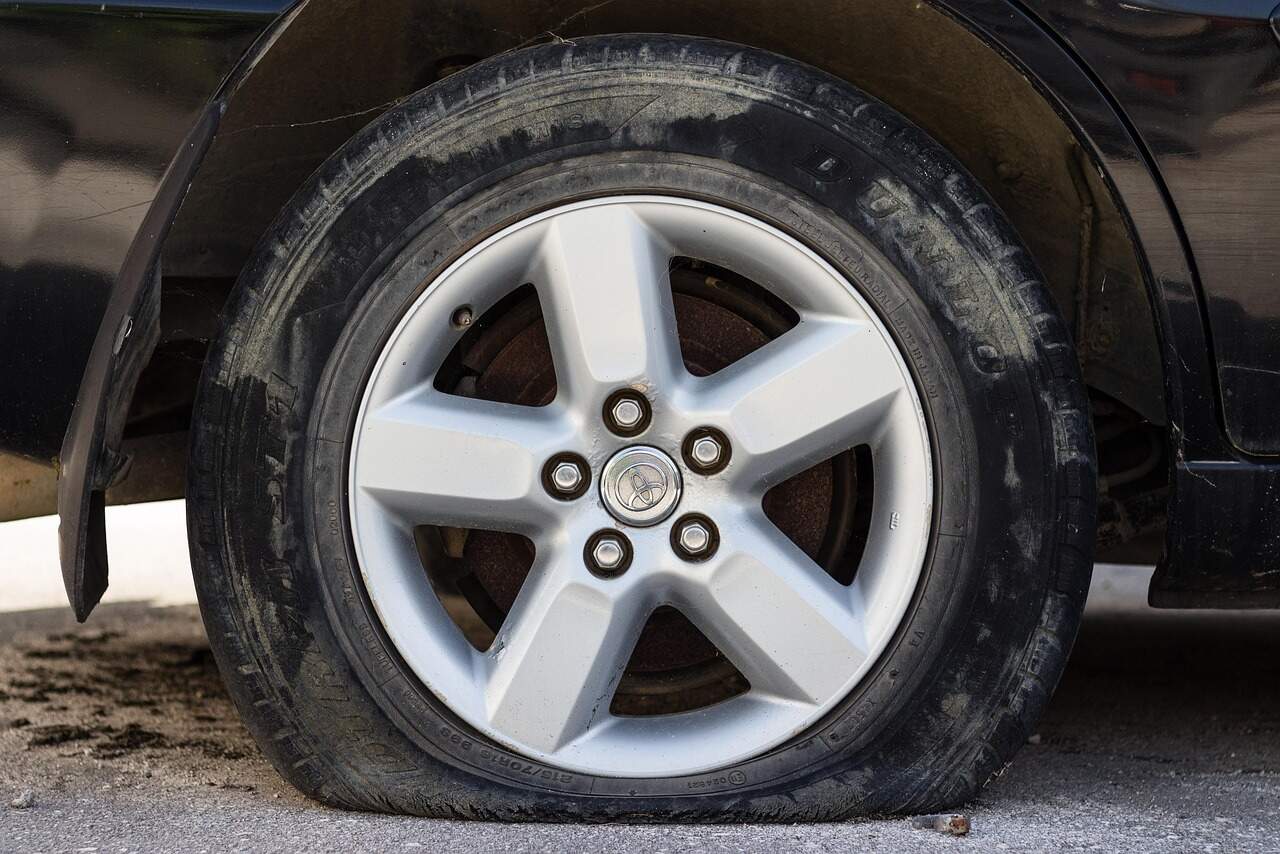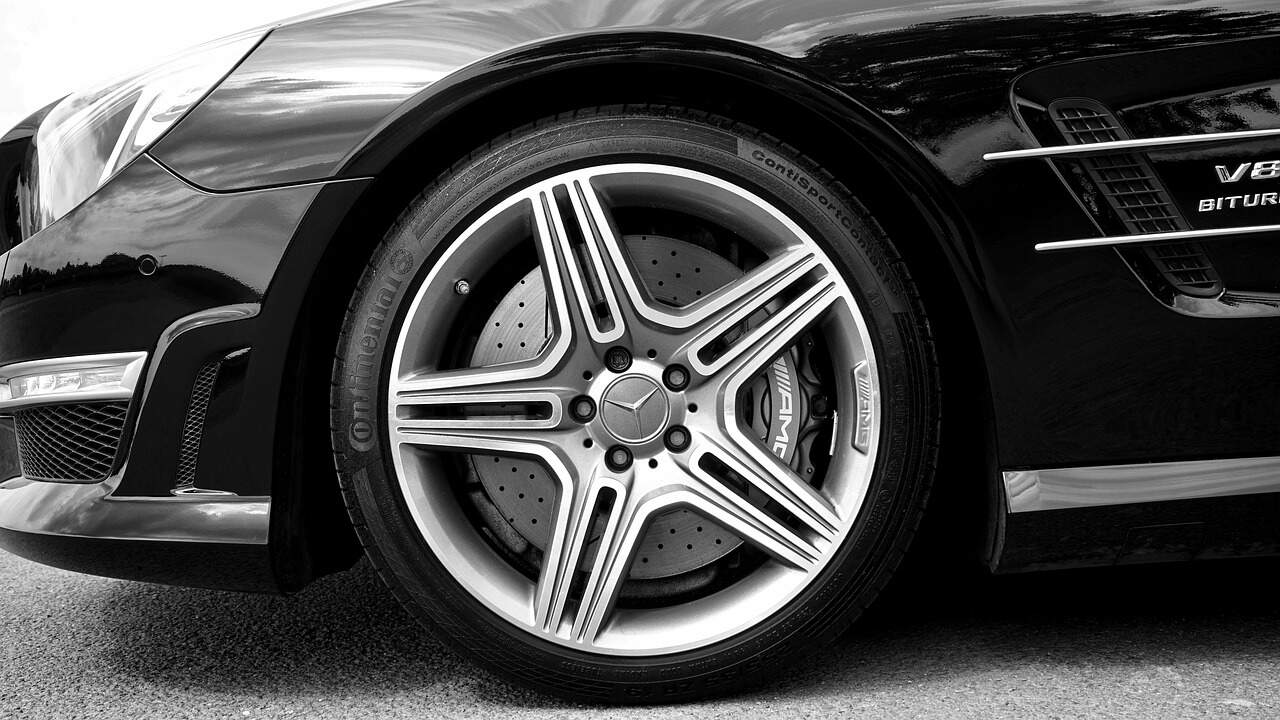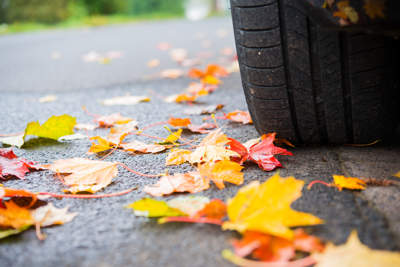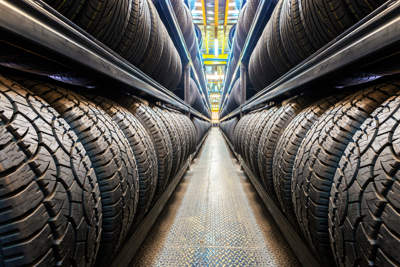Many drivers are guilty of not checking tyre pressure often enough. However, one of the most important things you can do to improve road safety and keep your tyres in good condition is to ensure they are properly inflated. Having under-inflated or over-inflated tyres causes them to wear out faster and impacts the vehicle’s handling, increasing the risk to yourself and other road users.
The Risks of Under-Inflation
Car tyres are designed with precision to withstand stressors like rocks, potholes and other road hazards. When they are not used properly, they simply can’t function at their best. Under inflated tyres are one of the main causes of tyre failure. Low tyre pressure causes too much of your vehicle’s tyre to touch the road, significantly increasing wear and tear as well as generating too much friction.
Underinflated tyres:
- Increase rolling resistance
- Affects braking performance
- Reduces steering precision and cornering stability
- Lowers the safe loading capacity of your vehicle
- Creates uneven tread wear with the edges of the tyre wearing out faster
- Increases fuel consumption due to increased rolling resistance, which makes the engine work harder.
If your tyres are under-inflated by as little as 6 psi, it can cause tyre damage. Lower inflation pressure causes the tyre to flex more as it rolls, generating more internal heat which can also lead to tyre failures.
Can You Feel If Your Tyres are Under-Inflated?
If your tyres are under-inflated, you can sometimes tell by how the handling of your car feels. However, this isn’t always the case. Drivers can consistently drive on under-inflated tyres without realising if their routes don’t require sharp turns or any evasive manoeuvres, meaning they don’t notice any change in handling.
Things become dangerous when a driver unexpectedly has to deal with poor weather or driving on bad roads and begins having a much harder time keeping the vehicle in control.
Regular Tyre Pressure Checks
A tyre doesn’t need to look a little flat to be under inflated. Always refer to your owner’s manual for the required tyre pressure level for your car and test it regularly. How often you should check your tyres depends on how often you drive, but you should do it at least once a month and before you embark on big trips.
Your tyres should be measured when they are cold, so parked for around three hours. It’s important to be accurate in filling your tyres. Don’t try to gauge the pressure by eye. Your tyre can lose half its pressure without even looking flat. Instead, ensure you use a reliable tyre pressure gauge.
Need Your Tyres Checked or Replaced?
With locations all across Australia, Tyrepower can help you whether you need servicing or a brand-new set of tyres. We offer great tyre deals from brands like Kumho tyres, Goodyear tyres, Continental tyres, Maxxis tyres, Hankook tyres, Michelin tyres, Pirelli tyres and Toyo tyres.
Find your closest tyre shop and call 13 21 91 today.



























